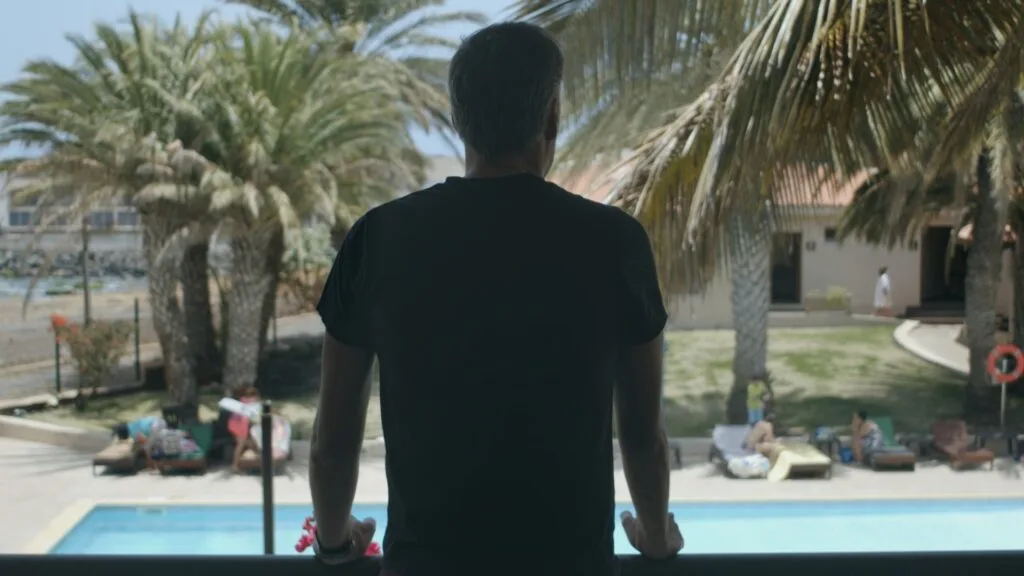The ‘Dangerous Assignment’ That Sent a Venezuelan Journalist Into Exile

May 24, 2024
When Venezuelan journalist Roberto Deniz began investigating problems with a government food program with his colleagues at the investigative news site Armando.info, he didn’t know that the reaction to his reporting would one day drive him to flee his home country.
For the past six years, he has been living and reporting in exile, helping to uncover a corruption scandal reaching from Venezuela to the U.S. and beyond.
A Dangerous Assignment: Uncovering Corruption in Maduro’s Venezuela is a new documentary from FRONTLINE and Armando.info that follows Deniz as he investigates the controversial businessman Alex Saab and his connections to the government of Venezuelan President Nicolas Maduro.
Together with Juan Ravell, the film’s director, Deniz joins Raney Aronson-Rath to talk about Saab’s indictment and subsequent release from U.S. custody, and the consequences of reporting on corruption in Maduro’s Venezuela.
Stream A Dangerous Assignment on FRONTLINE’s website, FRONTLINE’s YouTube channel, or the PBS App.
Want to be notified every time a new podcast episode drops? Sign up for The FRONTLINE Dispatch newsletter.
Latest Documentaries
Explore
Policies
Teacher Center
Funding for FRONTLINE is provided through the support of PBS viewers and by the Corporation for Public Broadcasting, with major support from Ford Foundation. Additional funding is provided the Abrams Foundation, Park Foundation, John D. and Catherine T. MacArthur Foundation, Heising-Simons Foundation, and the FRONTLINE Trust, with major support from Jon and Jo Ann Hagler on behalf of the Jon L. Hagler Foundation, and additional support from Koo and Patricia Yuen. FRONTLINE is a registered trademark of WGBH Educational Foundation. Web Site Copyright ©1995-2025 WGBH Educational Foundation. PBS is a 501(c)(3) not-for-profit organization.



















